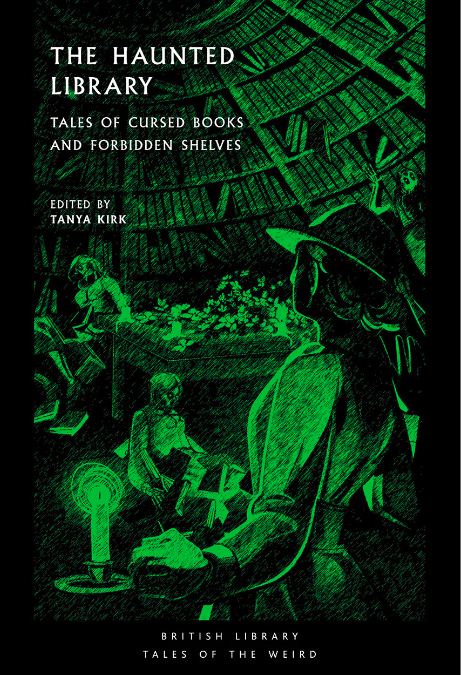.
Being an investigative journalist always seemed to me to be an alluring profession: half way between a spy and a demagogue. The reality is different, trawling through the Internet, only to find myself having to read balance sheets. I wanted to know who owned the Tablet and nobody could tell me: so I found out for myself, and am happy to share what I have found, because the Tablet shouldn't be as it is, and we might be able to turn it back to what it should be.
The Tablet is a wholly owned subsidiary of The Tablet Trust, a registered charity. (So is the Pastoral Review: more of this later.) In it latest published accounts it says:
"The objectives of the charity as set out in its foundation documents are
a) to advance the Christian religion
b) to promote, present, and disseminate the teachings of the Christian religion and to promote understanding of the Roman Catholic faith, value and principles
c) to advance the education of the public
d) to pursue such other charitable objectives as shall not be inconsistent with the objects hereunto before set out.
The objectives of the Trust are carried out by its support of the religious and educational aspects of “The Tablet” and “The Pastoral Review” and support of other bodies whose activities fall within the Trust Deed objectives.
Objectives for the Year (2008)
The Trust looks to achieve its strategic aims properly through the activities of the Publishing Company
Specifically the company is charged with
a) maintaining the high journalistic quality and Catholic ethos informed by the teaching of the Second Vatican Council of The Tablet and The Pastoral Review
b) increasing the influence of The Tablet and The Pastoral Review in the religious and secular spheres in the UK and beyond and
c) increasing the circulation of both titles
Strategic Aims and Intended Effect
The Trust seeks to fulfil its objectives through its support of the Publishing Company’s flagship title The Tablet. Through this support it aims to grow The Tablet’s influence in the UK and internationally as a journal of comment and analyses. This in turn will engender amongst its growing readership a discernment of the Christian message reflected within the intellectual values of providing informed opinion, a forum for debate, and a journal of record. It seeks to create a spiritual counterbalance to the political polarisation of society and in particular intellectual life. It also seeks to provide a resource to the Church through The Pastoral Review."
And after some stuff about investment policy:
"Future Plans
The Trust has recognised that to support the expansion of the Publishing Company new premises will be required as the existing site is inadequate for the demands placed upon it. The conceptual work done during the past year will be built upon to develop a number of on-going initiatives that will not only generate additional funding but enhance the objects of the Trust."
The Trustees represent the secular portion of what Damian Thompson calls the Magic Circle.
The Chairman is Sir Michael Quinlan, and the Vice Chairman is Michael Phelan. The Trustees are: John Adshead, Robin Baird-Smith, John Battle MP, Lady Rachel Billington, Lord Camoys, Angela Cunningham, Professor Conor Gearty, Professor Peter Hennessy, Lady Hooper, Lord Hunt, Pat Jones, Lady Kennedy (Helen Kennedy), Henry Keswick, Alfred Latham-Koenig, Sir Gus O’Donnell, Sir Anthony O’Reilly, Sir Michael Paliser, Lord Patten, Susan Penswick, Edward Stourton, Sir Steven Wall, and Lady Williams (Shirley).
The wage bill for the company is £847, 380 (not including pensions and NI). There are eight editorial staff, six publishing staff and seven in administration. One member of staff earns about £80,000 a year; another earns between £90,000 and £100,000.
The Pastoral Review Bursary Scheme facilitates the educational advancement of the public in postgraduate studies of Pastoral Theology: last year it paid out £24,828.
Now: we need a good lawyer and a good theologian to spend a few months reading the damn thing, but, if it could be demonstrated that the Tablet was not meeting the objectives of the charity, then there would be good grounds for a complaint to the Charities Commission about the Trust's status as a charity.
16 November 2008
Subscribe to:
Post Comments (Atom)















































5 comments:
The objectives are:
a) to advance the Christian religion
b) to promote, present, and disseminate the teachings of the Christian religion and to promote understanding of the Roman Catholic faith, value and principles
c) to advance the education of the public
d) to pursue such other charitable objectives as shall not be inconsistent with the objects hereunto before set out.
As the only competent witnesses in this country who could speak authoritatively in court as to how, for instance, objective (b) should be understood, are the Roman Catholic hierarchy .....
This is a horse that won't run.
LOL Ttony...
Not totally up to date, your source: Alfred Latham-Koenig died in May (RIP). But yes, a roster of the great and the good, as defined by the SpiritofVaticanII.
Well done, Ttony. If only ...!
Post a Comment